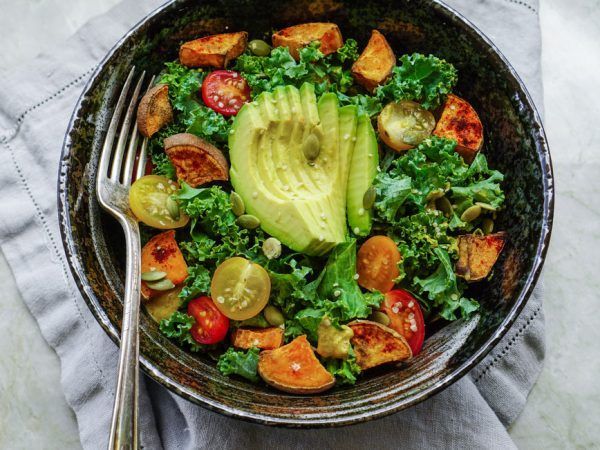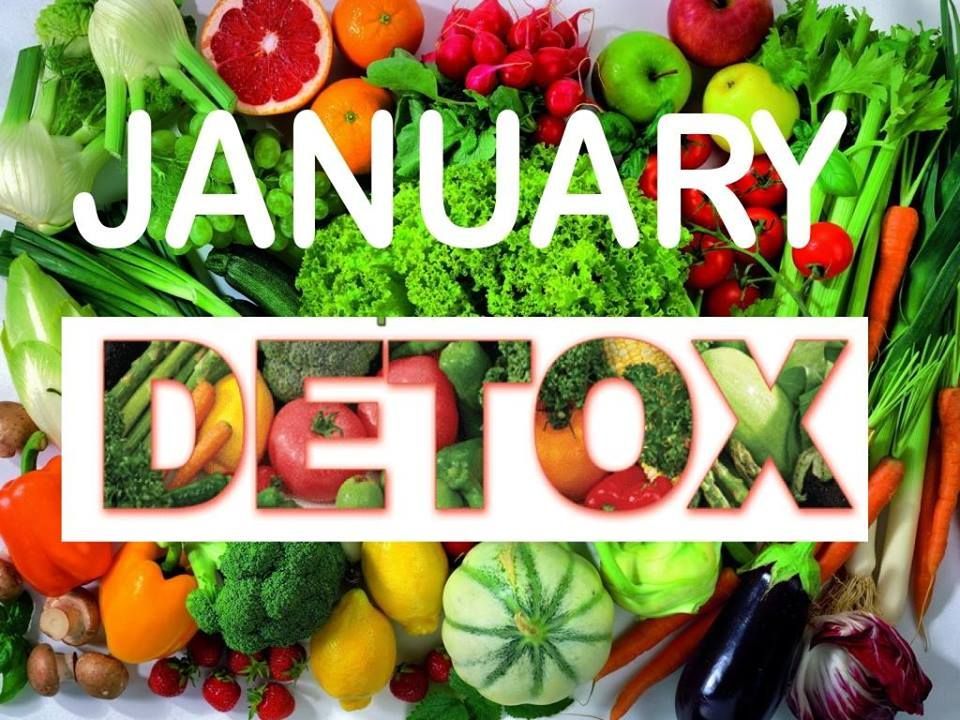Raw food – benefits of cleansing with raw foods
Care needs to be taken when breaking a fast so as not to overburden your digestive system. The greatest benefit of fasting is most available when a fast is broken properly. Integrating food back into the diet slowly is not only kind to your body, but allows you the opportunity to integrate your new-found clarity on your relationship to food into your daily food choices.
During a fast, the body undergoes several biological changes. Enzymes normally produced by the digestive system have ceased to be produced or have been diminished somewhat, depending on the type of fast performed, so introducing food slowly allows the body time to re-establish this enzyme production. The protective mucus lining of the stomach may be temporarily diminished as well, making the stomach walls more vulnerable to irritation until it also returns to normal. Gentle reintroduction of foods, beginning with those simplest and easiest to digest, supports this process. Substances known to be irritating to the system, such as coffee and spicy foods, must be avoided during the breaking process.
Due to biological changes, overeating immediately following a fast is much worse than overeating at any other time. Your system needs time to readjust back to normal digestion and assimilation. Not taking the proper measures can result in stomach cramping, nausea, and even vomiting.
An ideal option when deciding how to eat after a fast is to stop juicing all together and eat only fresh fruits and vegetables for the week after you juice. This gives your body time to adjust to solids over liquid, and since you are eating the same thing you are juicing, your body will adjust pretty fast. As raw foods are full of phytonutrients (“phyto” means “plant”), which includes antioxidants, they are a great way to replenish the system and are important in the prevention of chronic diseases, most notably cancer.
These are literally nature’s compounds that keep us well. Doctors say that phytonutrients help “turn-on” your body’s metabolism at the cellular level and regulate hormones that help control appetite. These foods have high levels of antioxidants with health promoting and disease preventing compounds.
Advocates of a raw food diet are concerned that most vitamins and phytonutrients are destroyed or damaged when cooked or processed above 130 degrees so they’re less available for assimilation. Eating fresh, organic raw fruits and vegetables should increase the vitamins and micronutrients in your diet and you usually feel the difference immediately.






